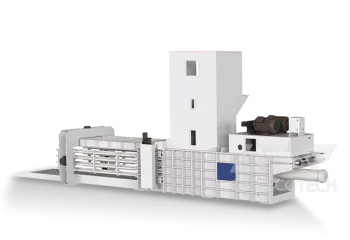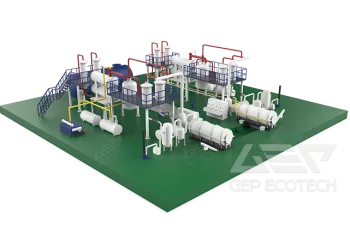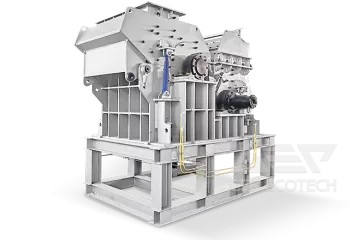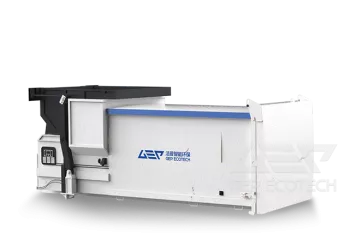In modern organic waste management systems, spiral screw press dewatering machines have emerged as game-changing equipment for moisture reduction. Let's explore the technical capabilities of this innovative technology in transforming food waste from high-moisture byproduct to manageable organic material.
Moisture Reduction Performance Metrics
Through dynamic mechanical compression and screen filtration mechanisms, spiral press dewaterers achieve:
- Initial moisture content reduction from 75-90% to 45-60%
- Final moisture optimization range: 40-55% (varies by material composition)
- 60-75% volume reduction through water extraction
- 3-8 tons/hour processing capacity (standard industrial units)
Technical Determinants of Dewatering Efficiency
The moisture reduction outcome depends on three critical parameters:
A. Mechanical Configuration
- Screw compression ratio (4:1 to 6:1 optimal)
- Screen aperture size (0.5-2mm standard)
- Differential speed control (3-15 RPM adjustable)
B. Material Characteristics
Food Waste Type | Input Moisture | Output Moisture |
Vegetable Scraps | 85-88% | 48-52% |
Meat Residues | 70-75% | 42-46% |
Mixed Organics | 80-83% | 50-55% |
C. Operational Parameters
- Retention time: 2.5-4 minutes
- Pressure gradient: 0.8-1.2 MPa
- Temperature control: 25-40°C
Comparative Advantages Over Traditional Methods
- 35% higher moisture reduction than centrifugal separators
- 50% less energy consumption vs. thermal drying
- Continuous operation vs. batch processing
- Lower polymer requirement compared to belt presses
Downstream Benefits of Optimal Dewatering
Achieving sub-55% moisture content enables:
- 60% reduction in transportation costs
- Improved biogas yield (25-30% increase in methane production)
- Simplified composting processes
- Reduced leachate generation
Maintenance Protocols for Sustained Performance
- Daily screen cleaning cycles
- Weekly grease lubrication (food-grade)
- Bi-monthly wear component inspection
- Annual main bearing replacement
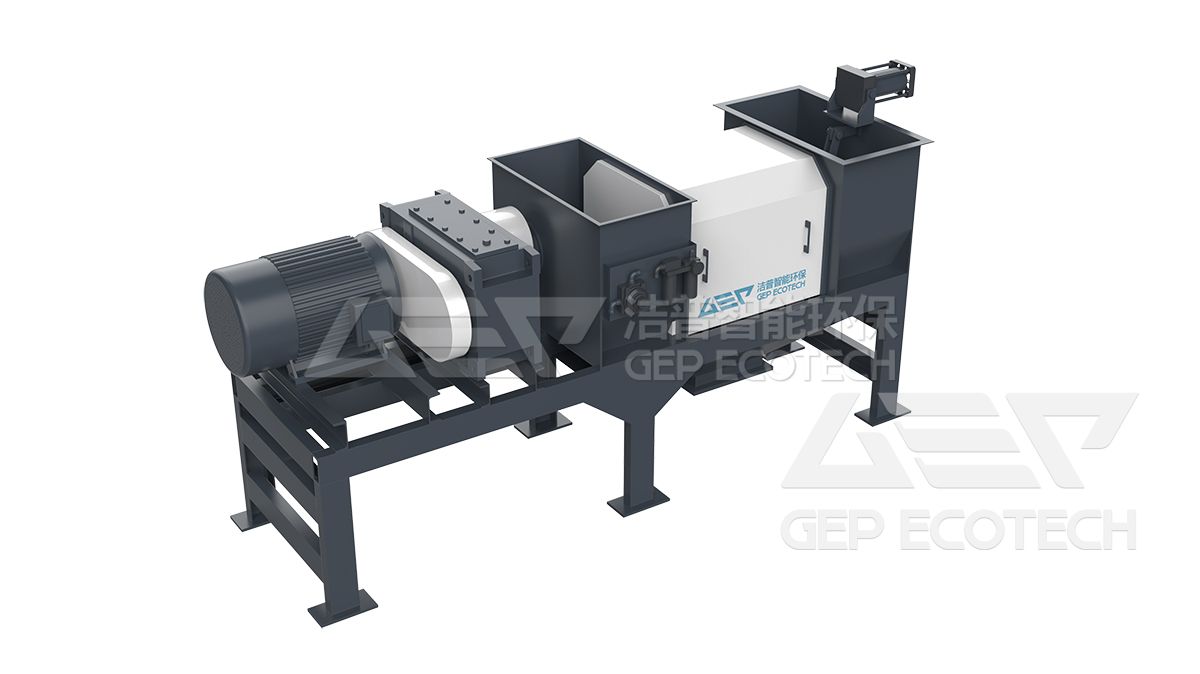
This technical analysis demonstrates that spiral press dewatering technology provides scientifically validated moisture reduction solutions for food waste processing. With proper operation and maintenance, facilities can consistently achieve 40-55% residual moisture content, meeting international standards for organic waste stabilization (EN 15975, ASTM D5231).


